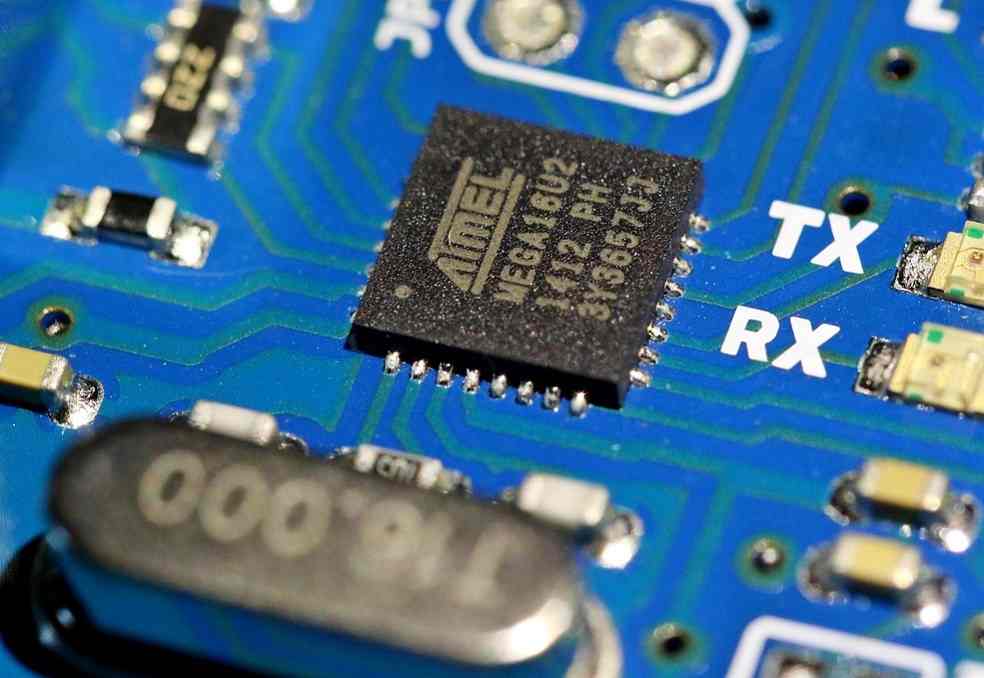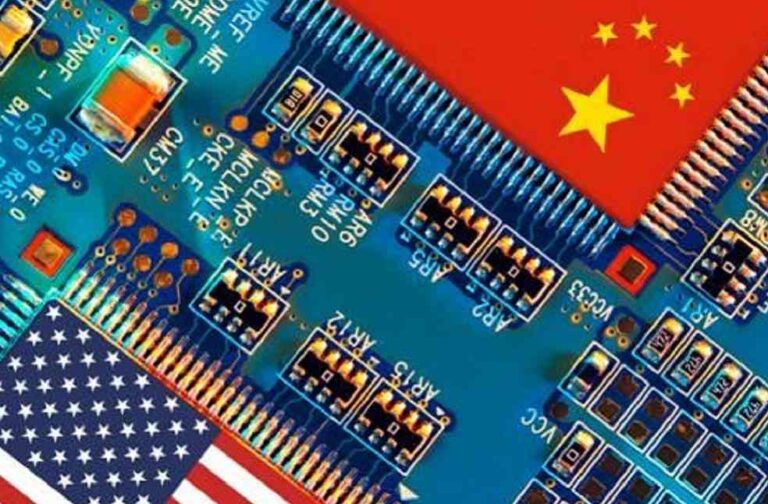The Semiconductor Industry Association (SIA), a representative of the vast majority of major US chipmakers and several others globally, has issued a statement urging the Biden administration to reduce its trade sanctions on China. The association’s concerns stem from the potential negative impact of the advancements made following the passage of the CHIPS and Science Act last year.
The SIA emphasized the necessity of uninterrupted access to the Chinese market, the world’s largest commercial market for commodity semiconductors, to preserve the gains from the Act. The group warned that repeated ambiguous restrictions could jeopardize the competitiveness of the US semiconductor industry, disrupt the supply chain, create significant market uncertainty, and provoke increased retaliation from China.
The statement read in part, “We call on both governments to ease tensions and seek solutions through dialogue, not further escalation. And we urge the administration to refrain from further restrictions until it engages more extensively with industry and experts to assess the impact of current and potential restrictions to determine whether they are narrow and clearly defined, consistently applied, and fully coordinated with allies.”

The SIA’s concerns come in the wake of several US trade restrictions imposed last October on sales of advanced chips to Chinese companies and advanced chip-making equipment. The industry has grown anxious over China’s impending limits on exports of gallium and germanium minerals, key components in the production of semiconductors, set to take effect Aug. 1.
The National Security Council responded, stating that the trade sanctions aim to prevent technologies developed by US companies from undermining national security. “We have been deliberate about getting this right, including through extensive public comment on regulations, and intensive coordination with allies and partners, the Hill, industry, and other stakeholders,” said a council spokesperson.
US Treasury Secretary Janet Yellen, who recently visited China to discuss these issues with top government officials, hinted at the possibility of restricting outbound investments by US companies in China. “I was able to explain to my Chinese counterparts that if we do implement such restrictions we will do so in a transparent way,” Yellen stated.

Sources revealed that the Biden administration is contemplating requiring cloud providers like Azure and AWS to seek government permission before serving Chinese companies training AI models. Given AI modeling’s strong demand for advanced chips, including GPUs, this move could cause concerns among chipmakers.
Micron, a prominent US chipmaker, has been outspoken about trade issues with China, following a May 21 directive from the Cyberspace Administration of China asking its domestic tech manufacturers to cease using Micron chips due to security concerns. With such friction persisting, the semiconductor industry’s call for dialogue and eased tensions is more critical than ever.
GLOBAL ROUNDUP | IMF Approves $189M for Zambia’s Economic Reforms



